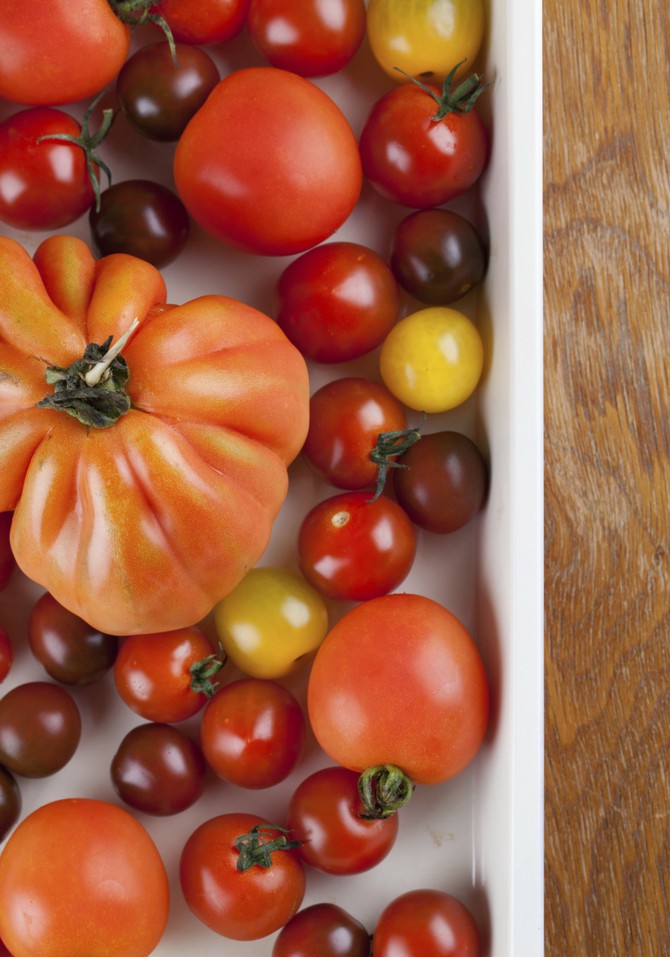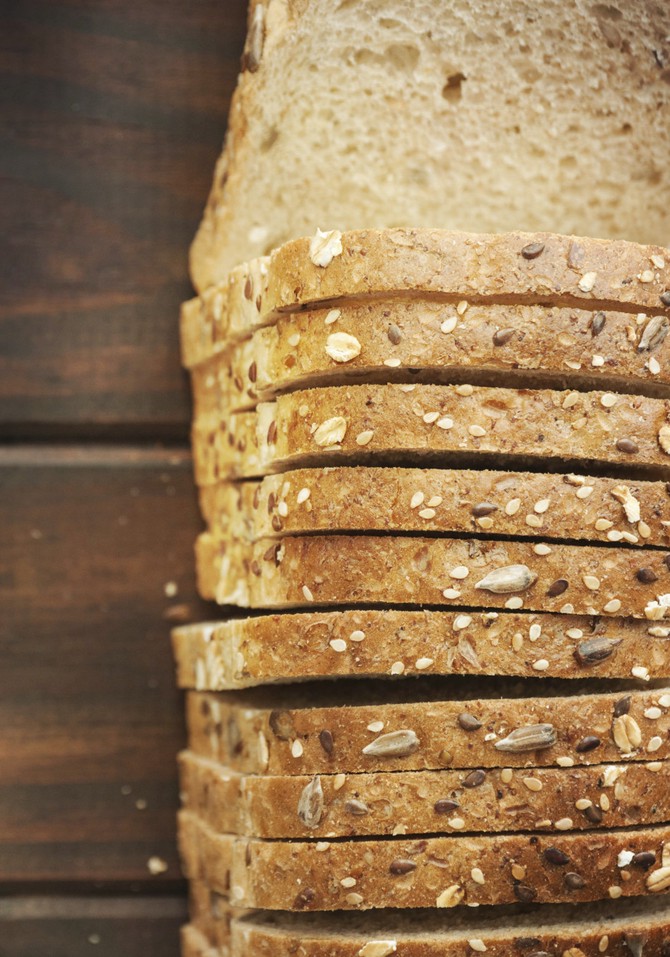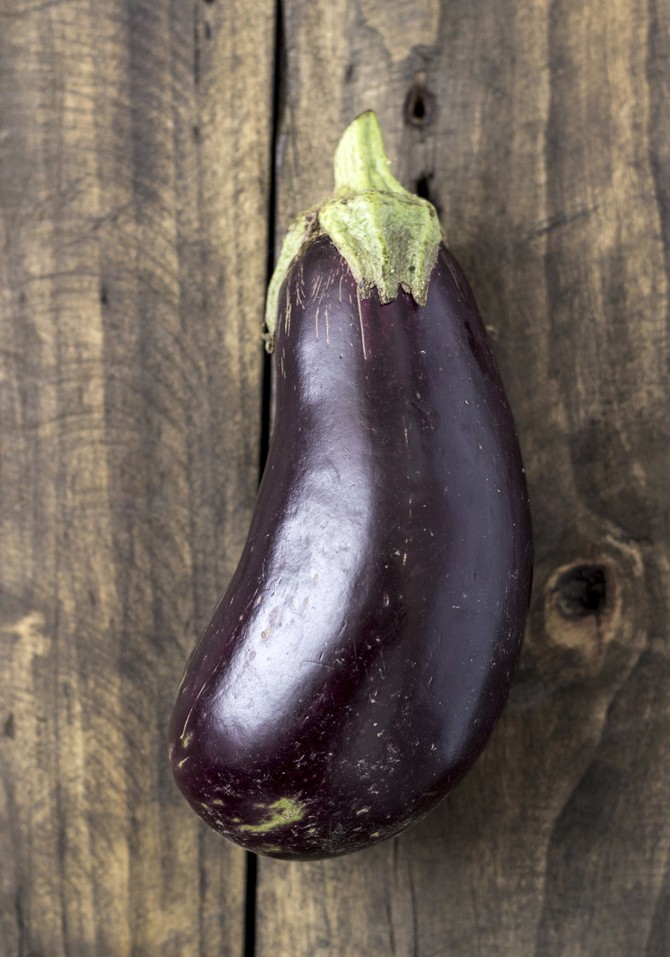Foods You Shouldn't Refrigerate
The simplest way to make some of your favorite foods (and drinks) taste so much better? Get them out of fridge.
By Lynn Andriani

Photo: Phil McDonald/iStock/Thinkstock
Your Morning Must-Have
Starbucks coffee educator Major Cohen says there are four things that destroy coffee: oxygen, light, heat and moisture. So, if cool air isn't on the list, why is it so bad to store a bag of beans in the fridge? Because every morning, when you open it up to scoop out the amount you need for that day's pot, you're letting in warm, moist air, which affects the beans, causing a decrease in the oils that make the drink taste and smell so good. To keep coffee beans fresh, Cohen says to keep them in an opaque, airtight container, at room temperature.

Photo: IngridHS/iStock/Thinkstock
The Sweet-Tart Fruits We Treat Like Vegetables
It can be hard to resist placing a tomato on the softer end of ripe into the fridge, hoping it'll last a few more days. But Scott Daigre and Jenn Garbee, authors of Tomatomania, advise against this. The cold temps destroy the flesh's delicate, flavor-packed membranes, and make tomatoes mealy and tasteless. If those beauties you've been ripening on the windowsill split or get too squishy, you can actually freeze them, say Daigre and Garbee. Once they've thawed, you won't want to eat them raw, but they'll be great in sauces, soups or other dishes you cook on the stove. Freeze them whole (first, place them on baking sheets; then, once frozen, transfer them to freezer), slip the skins off after they defrost (they'll slide right off) and enjoy.

Photo: Morgan_studio/iStock/Thinkstock
The Lunchtime Staple
Storing sandwich bread in the fridge—whether or not it's been presliced—is the fastest way to make it turn brittle, because staling happens most rapidly at temps just above freezing (aka your 40-degree locker). You'll have better luck with an intact loaf, but either way, keep bread at room temperature or freeze it (for the best texture, let it thaw at room temperature, not in the microwave).

Photo: librakv/iStock/Thinkstock
The Produce You May Not Think of As Tropical
In the classic book On Food and Cooking, Harold McGee explains that cooling slows down the rate at which food spoils; that's why we keep broccoli, celery, carrots and other vegetables that are native to temperate climates chilled. However, veggies that have tropical and subtropical origins are often better off at room temperature. On the list: eggplants, squash, cucumbers, peppers and beans.
Published 04/09/2015

